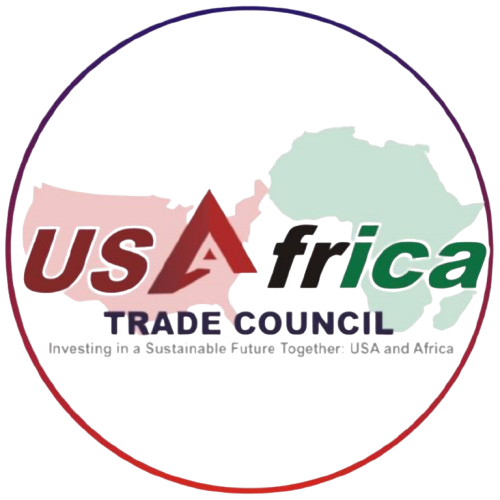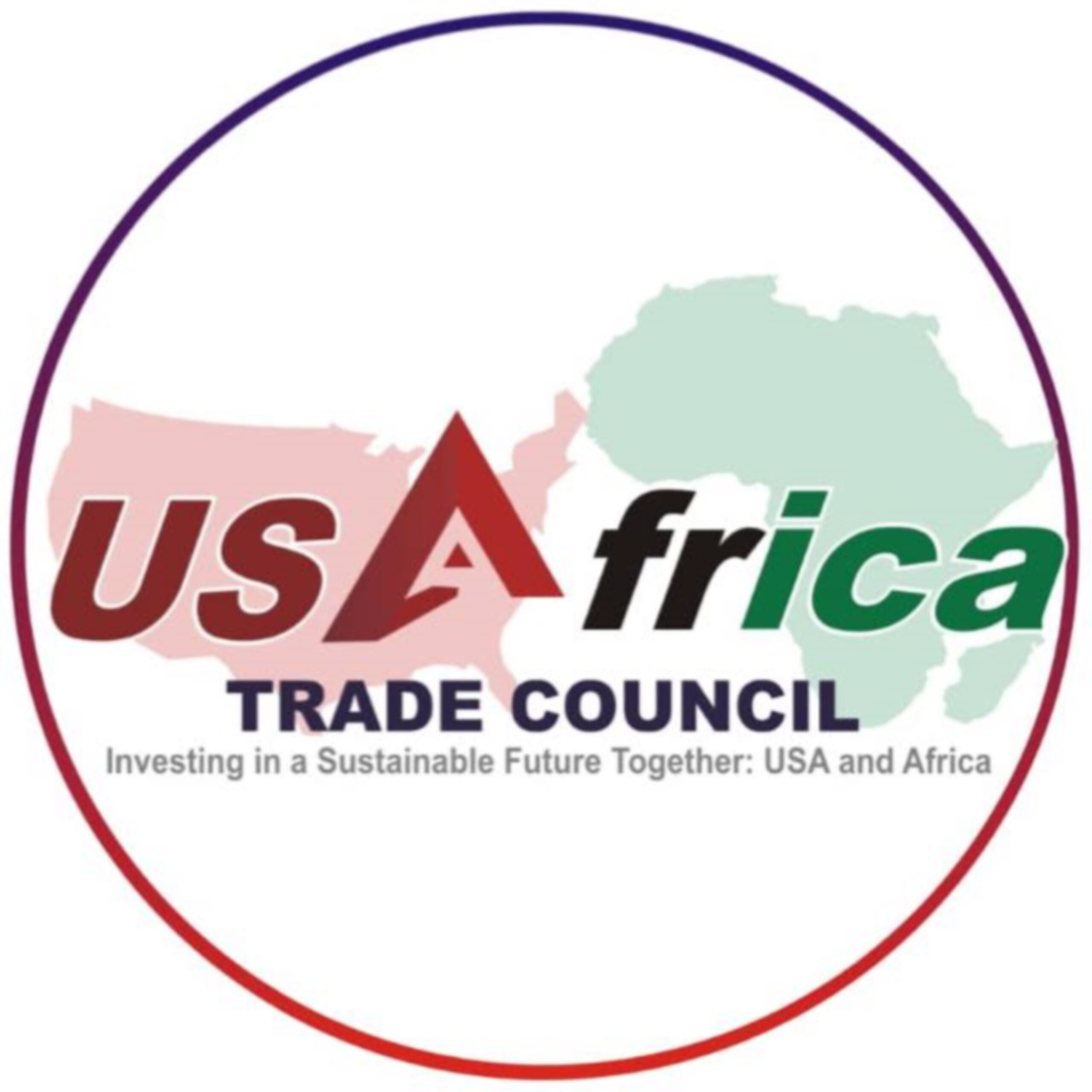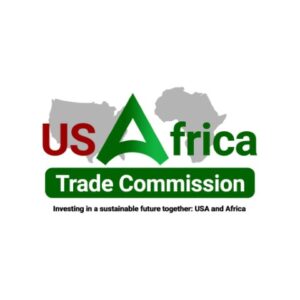U.S.-Africa Diplomatic relations
Africa-United States relations covers the diplomatic relationships between the United States and the independent African countries, with some information on political, economic and cultural ties.
Before World War II, the United States dealt directly only with the former American colony of Liberia, the independent nation of Ethiopia, and the semi-independent nation of Egypt.
Under Republican President Abraham Lincoln, The United States officially recognized Liberia in 1862, 15 years after its establishment as a sovereign nation, and the two nations shared very close diplomatic, economic, and military ties until the 1990s.
In the largest American private investment in Africa, in 1926, the Liberian government gave a concession to the American rubber company Firestone to start the world’s largest rubber plantation at Harbel, Liberia. At the same time, Firestone arranged a $5 million private loan to Liberia.
U.S.-Ethiopian relations were established in 1903, after meetings in Ethiopia between Emperor Menelik II and an emissary of President Theodore Roosevelt. This first step was augmented with treaties of arbitration and conciliation signed at Addis Ababa 26 January 1929. These formal relations included a grant of Most Favored Nation status and were good up to the Italian occupation in 1935.
Trade and cultural relations with Egypt date back to the late 19th century. Official Modern relations were established in 1922 when the United States recognized Egypt’s independence from a protectorate status of the United Kingdom.
The Kennedy administration launched the Peace Corps, which sent thousands of young American volunteers to serve in local villages. The United States Agency for International Development (USAID) started providing cash economic assistance, and the Pentagon provided funds and munitions for the local armies. Euphoria ended when the Congo Crisis of the 1960s indicated very large-scale instability.
The Reagan administration mobilized private philanthropic and business sources to fund food supplies to areas in Africa devastated by famine. For example music promoter Bob Geldorf in 1985 produced Live Aid, a benefit concert that raised over $65 million and dramatically raised awareness. US government focused on transportation and administrative issues.
President Obama launched the “Doing Business in Africa” program, while President Donald Trump is current driving the “Prosper Africa” campaign.



